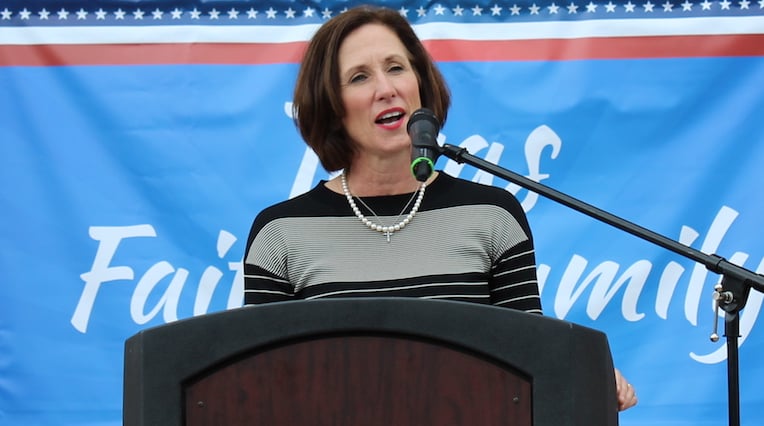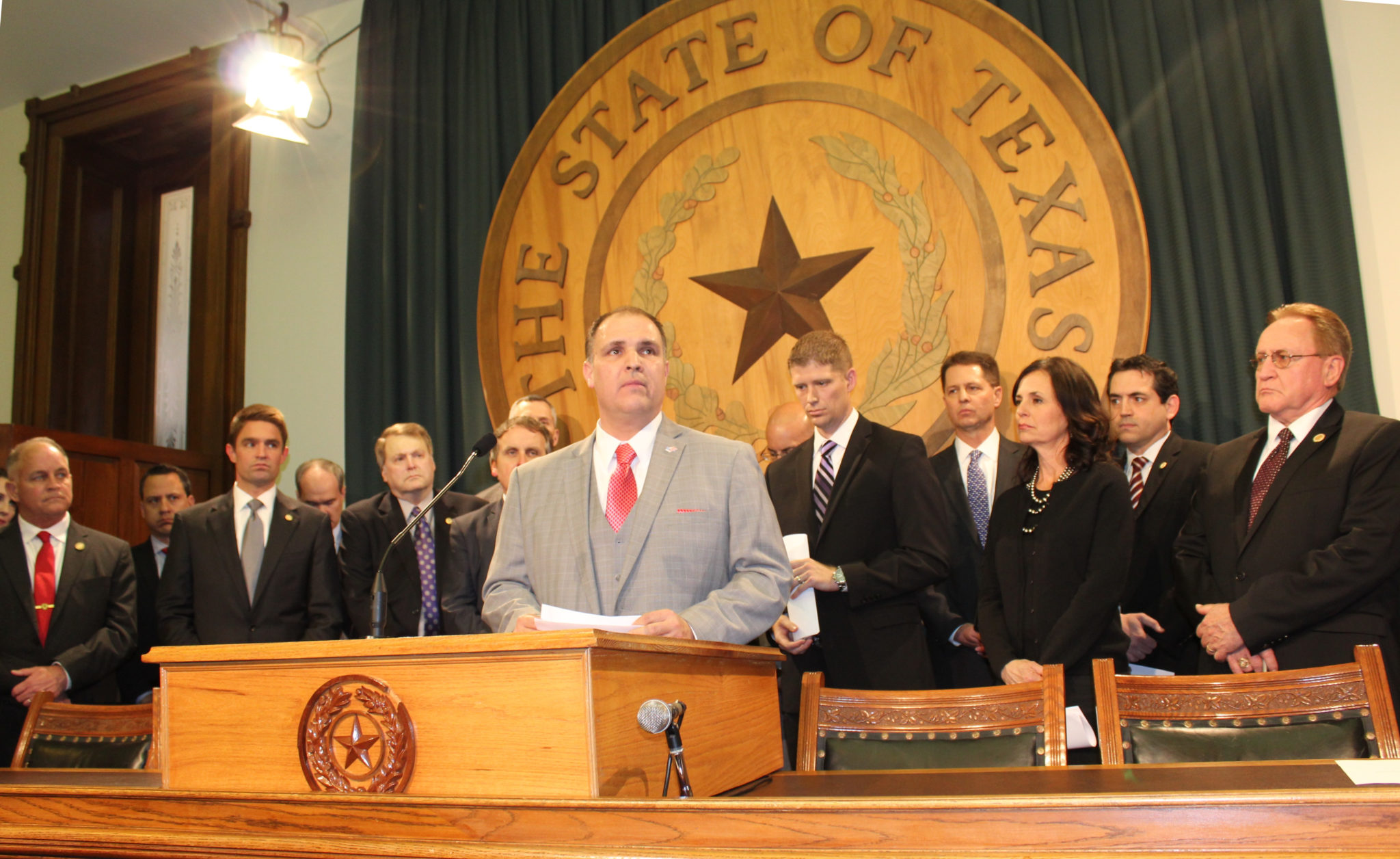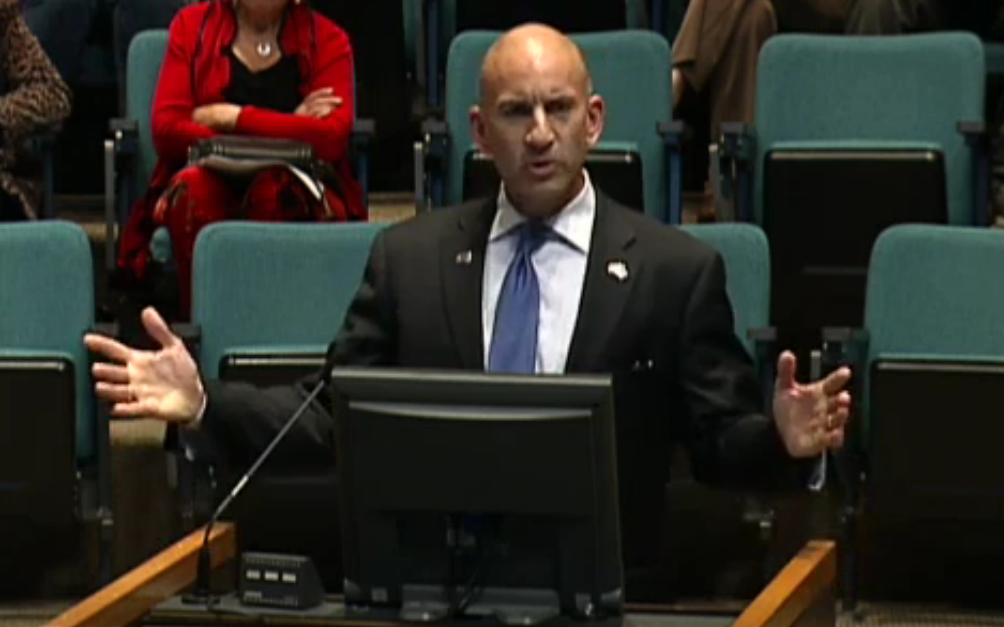
Legislative Proposal Would Nullify LGBT Nondiscrimination Laws

Above: State Rep. Matt Shaheen (R-Plano) speaks against the city's equal rights ordinance at a Dec. 8 City Council meeting.
Four Republican lawmakers from the Plano area plan to introduce legislation that would bar cities and counties from adopting ordinances prohibiting discrimination against LGBT people, the Observer has learned. The proposed legislation also threatens to nullify existing LGBT-inclusive nondiscrimination ordinances in cities that are home to roughly 7.5 million Texans—or more than one-quarter of the state’s population.
The bill comes in response to the Plano City Council’s passage last month of an equal rights ordinance banning discrimination based on sexual orientation and gender identity in employment, housing and public accommodations.
“There is legislation that’s being worked on,” Rep. Matt Shaheen (R-Plano) told a group of pastors who gathered in mid-December at Plano’s Prestonwood Baptist Church in response to passage of the city’s equal rights ordinance, according to an audio recording obtained by the Observer.
“Jeff Leach, who’s also a state representative—he and I represent the majority of Plano—he’s actually leading an effort to nullify these types of ordinances statewide,” Shaheen said. “There’s actually four state representatives that represent Plano—all of us will be joint authors of that legislation—but Rep. Leach will lead that effort.”
Shaheen declined the Observer’s request for an interview about the legislation, which had not yet been filed as the session got under way Tuesday. Shaheen, Leach and the other two GOP Plano lawmakers—Reps. Pat Fallon and Jodie Laubenberg—wrote a letter to the Plano City Council opposing the equal rights irdinance prior to its passage. Calls to the offices of Fallon, Leach and Laubenberg went unreturned.
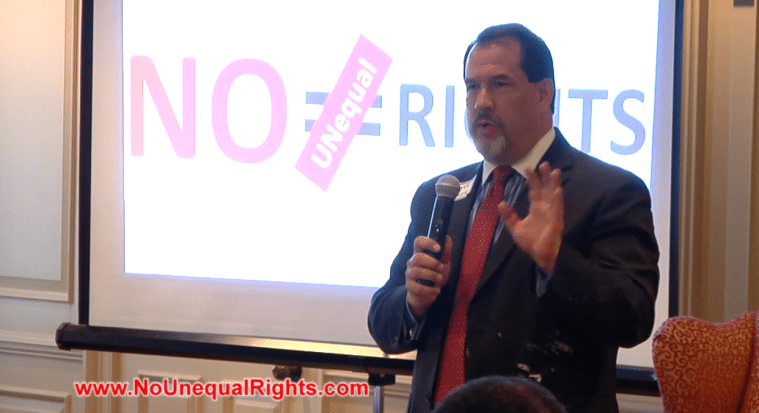
Texas Pastor Council Executive Director David Welch, whose group is leading efforts to repeal equal rights ordinances in Plano and Houston, told the Observer the legislation would prohibit political subdivisions of the state from adding classes to nondiscrimination ordinances that aren’t protected under Texas or federal law—neither of which covers LGBT people.
“It should be a uniform standard statewide, and cities can’t just arbitrarily create new classes that criminalize a whole segment of the majority of the population,” Welch said. “It’s just self-evident that they’re going to try to do it city by city. We’re dealing with a broad public policy that creates criminal punishments. That’s a pretty serious issue, and when it’s based on a special agenda by a small, tiny fragment of the population … that’s a legitimate need and reason for the state Legislature to act.”
Welch’s group is facing a Jan. 20 deadline to gather enough signatures to place a repeal of Plano’s equal rights ordinance on the May ballot. On the same day, a trial is set to begin in the lawsuit aimed at repealing Houston’s equal rights ordinance.
Meanwhile, state lawmakers in both the House and Senate have introduced proposed constitutional amendments—branded by progressives as “license to discriminate” measures—that would carve out broad religious exemptions to local anti-bias laws.
But the Plano Republicans’ bill would need only simple majorities in both chambers, instead of two-thirds for a constitutional amendment. And the bill is effectively a nuclear option that could abruptly end fights in Houston and Plano. Other cities with LGBT-inclusive nondiscrimination ordinances at risk of being nullified include Dallas, El Paso, Fort Worth and San Antonio. In some cases, the laws are decades old.
“Nobody supports discrimination and nobody supports discriminating against anybody in the GLBT community,” Welch told the Observer. “What we’re against is laws that are passed that essentially give them privileged-class status and threaten with criminal penalties business owners and individuals and ultimately churches and pastors for practicing historic beliefs that have been part of this country since it’s founding, and that’s something that’s a direct threat against our First Amendment, and that’s what this is all about.”
LGBT advocates counter that Texas already provides strong protections for religious freedom in both the Texas Constitution and in a 1999 statute, the Religious Freedom Restoration Act. According to a 2013 Equality Texas poll, more than 75 percent of Texans support bans on employment and housing discrimination based on sexual orientation.
Currently, the only state with a law prohibiting cities from enacting LGBT nondiscrimination ordinances is Tennessee. The Tennessee law, passed in 2011, prompted a lawsuit from the National Center for Lesbian Rights, but a state appeals court recently dismissed the case, saying plaintiffs didn’t have standing because they couldn’t show harm.
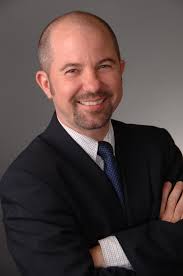
Shannon Minter, a Texas native who serves as legal director for the National Center for Lesbian Rights, said he now plans to file a federal lawsuit challenging the Tennessee ban.
Lawmakers in several other states have introduced proposals to ban local nondiscrimination ordinances, but none has passed. Minter said in the last few years anti-LGBT lawmakers have shifted to a religious freedom approach to counter local nondiscrimination ordinances because the strategy is more appealing politically.
“Because the Tennessee-style bill is so punitive toward all localities, I think that it’s so blatantly taking democratic power away from local governments that legislators just don’t have the stomach to do it,” Minter said.
The lawsuit challenging Tennessee’s law was based on the U.S. Supreme Court’s 1996 decision in Romer v. Evans, which struck down a Colorado law banning local protections based on sexual orientation. Authors of the Tennessee bill attempted to to get around Romer v. Evans by enacting a general prohibition on classes that aren’t covered under state law, rather than specifically targeting LGBT protections. However, Minter believes the law is still unconstitutional.
“Legislatures are not permitted to enact laws that are designed to disadvantage a particular group, and it’s as clear as it could possibly be that the purpose of these laws is to prevent gay and transgender people from gaining local anti-discrimination protections,” he said.
Tennessee lawmakers introduced the legislation in response to a nondiscrimination ordinance in one city, Nashville, and Minter said the Texas proposals broader impact would also make it more vulnerable to legal challenges.
Minter said the Tennessee bill passed in part because businesses in the state were too late in voicing their opposition.
“Hopefully this time in Texas the response will be more immediate, and I hope the legislators listen to the business community and do not do something that’s going to really hurt the Texas economy,” Minter said.
It’s been widely speculated that Plano passed its equal rights ordinance in response to Toyota’s decision to relocate a major facility to the city, after the company’s employees expressed concern about the lack of LGBT protections in Texas. Plano-based Frito-Lay also sent a letter to the City Council in support of the equal rights ordinance.
But Welch dismissed the argument that efforts to undo local nondiscrimination ordinances will hurt business, calling it “a red herring.” He said one of the engines of Texas’ strong economy is its “family-friendly” climate.
“We’re not going to let corporations, Toyota or anybody else, come in and dictate to the community what our standards are going to be on a moral level and religious level,” Welch said. “Companies like Frito-Lay had better take thought of who their customers are before they start trying to step up and ramrod these things though, because we will remember.”
